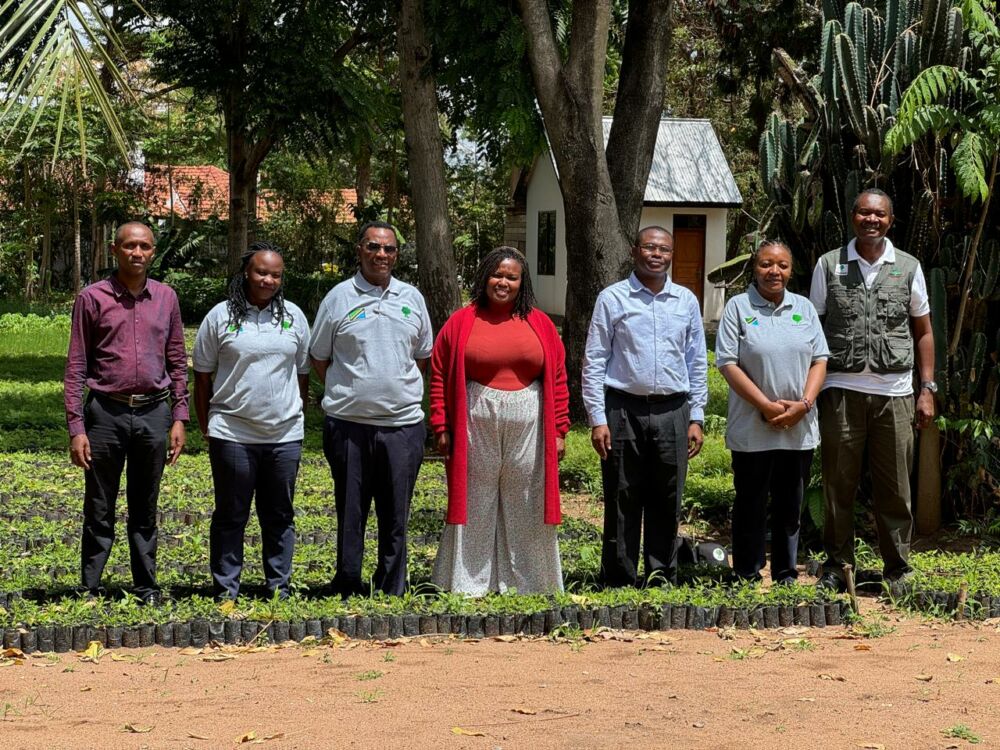Vi-skogen forms expert group with support from SIANI for dryland conversion in East Africa
Date
February 10, 2025
Vi-skogen, with support from the Swedish International Agricultural Network Initiative, SIANI, will launch an expert group for agroforestry in drylands in East Africa in 2025. The expert group brings together 15 experts from civil society, ministries, academia, practitioners and youth organizations in Kenya, Tanzania and Uganda to address the major challenges in food and nutrition security in the region’s drylands. These are areas where unpredictable rainfall, prolonged droughts, floods and conflicts over grazing and water resources are exacerbated by climate change.
The group aims to disseminate knowledge, collaborate with local farmers and agropastoral organizations, and connect with international networks to promote sustainable agroforestry practices and improve land management. The project involves discussions and collaborations at local, regional, and global levels to improve food systems, increase biodiversity, and promote sustainable food production in the drylands of East Africa. The project will develop knowledge and solutions that strengthen the role of the participating organizations as experts in dryland agroforestry.
Vi-skogen’s experience with agroforestry in dry areas
In dry areas such as Dodoma in Tanzania and Karamoja in Uganda, Vi-skogen already has experience that agroforestry works. Through initiatives such as Farmer Managed Natural Regeneration (FMNR), the soil has become more fertile, harvests have improved and incomes have increased. In Kenya, agroforestry has contributed to better water management and a more stable food supply in dry regions such as Kitui and Makueni.
Despite the successes, there are obstacles to overcome. Deforestation and overgrazing have degraded the land, and many agroforestry policies are difficult to implement due to lack of resources and weak coordination. Women and indigenous peoples, who are often the hardest hit by climate change, have limited influence in decision-making processes. At the same time, there are great opportunities – unused land can be restored, innovative farming methods can be scaled up, and new markets for sustainable products can be created.
The way forward
For agroforestry to flourish, efforts are required from governments, organizations and the business community:
- Strengthened policy implementation – existing guidelines must be put into practice.
- Investments in infrastructure – better roads and water supply are needed.
- Research and innovation – more resources for education and agroforestry projects.
- Gender equality and inclusion – more women and marginalized groups must be empowered.